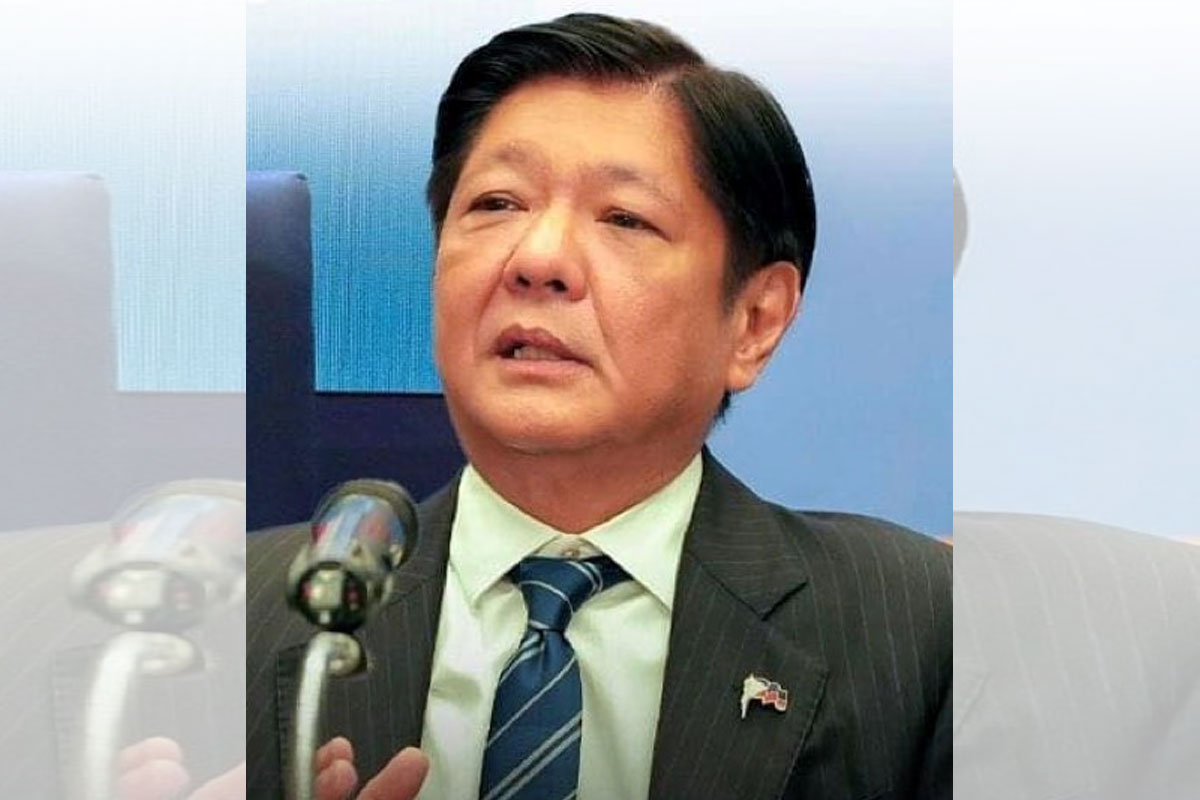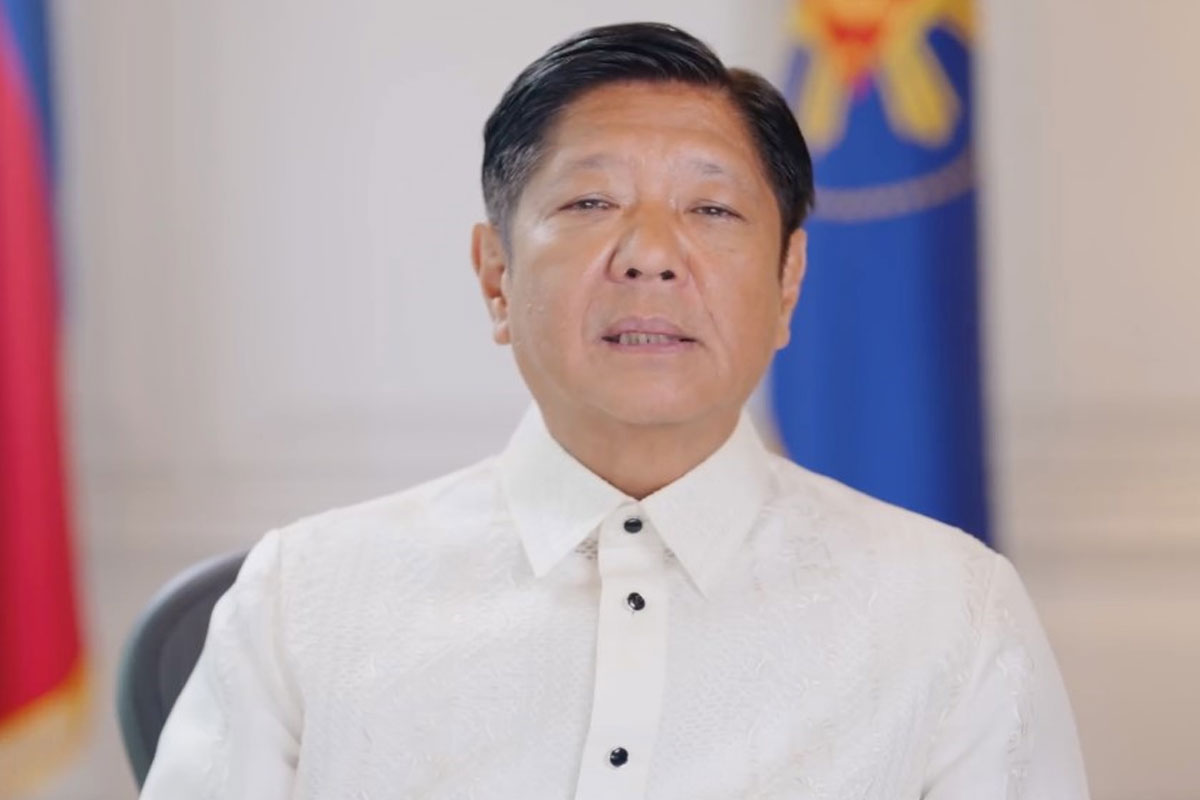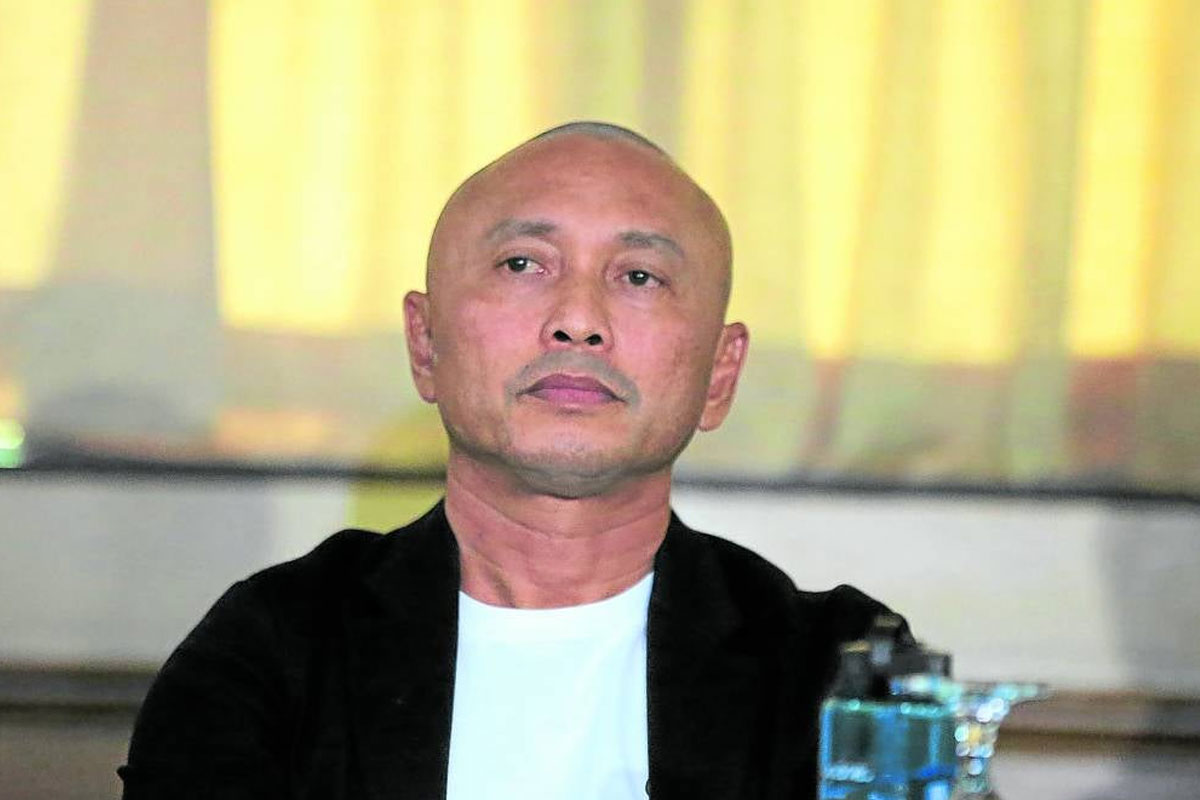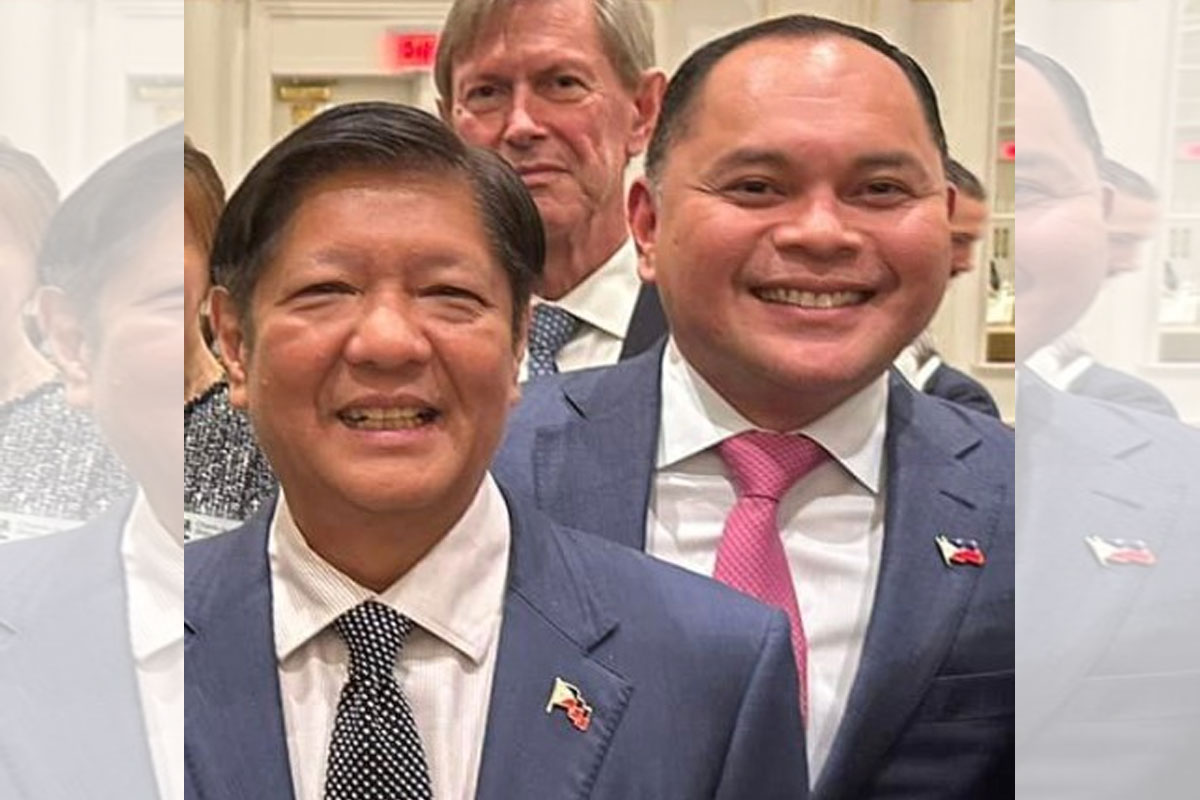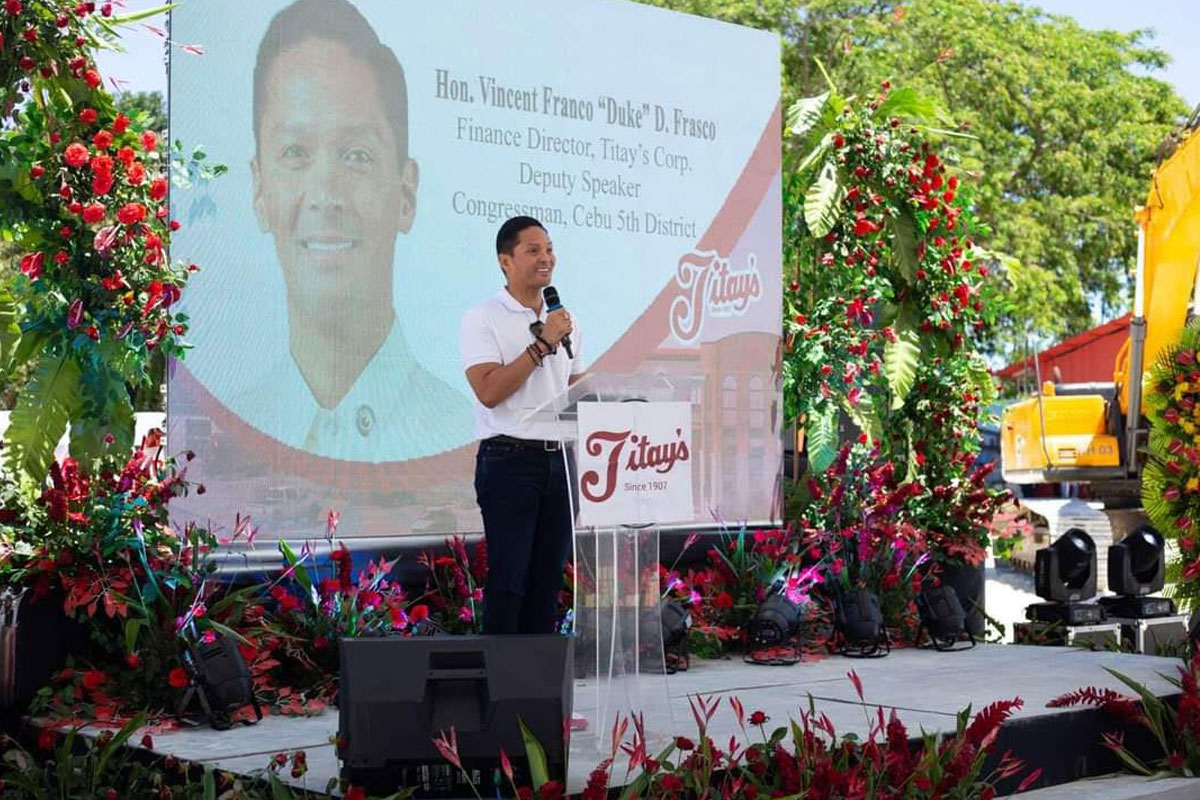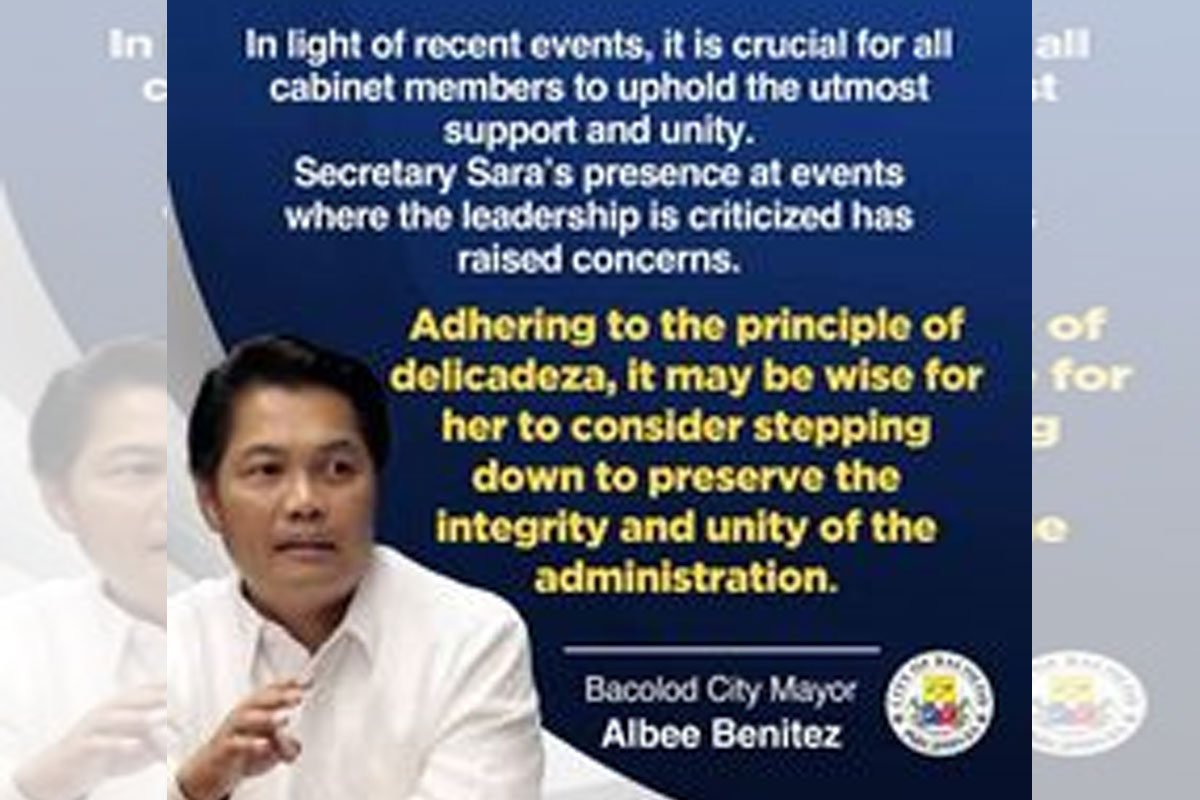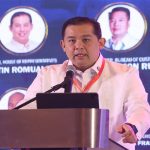 TINGOG Party-list Reps. Yedda Marie K. Romualdez and Jude Acidre
File photos by VER NOVENO
TINGOG Party-list Reps. Yedda Marie K. Romualdez and Jude Acidre
File photos by VER NOVENO
Rep. Yedda lauds HB5 passage
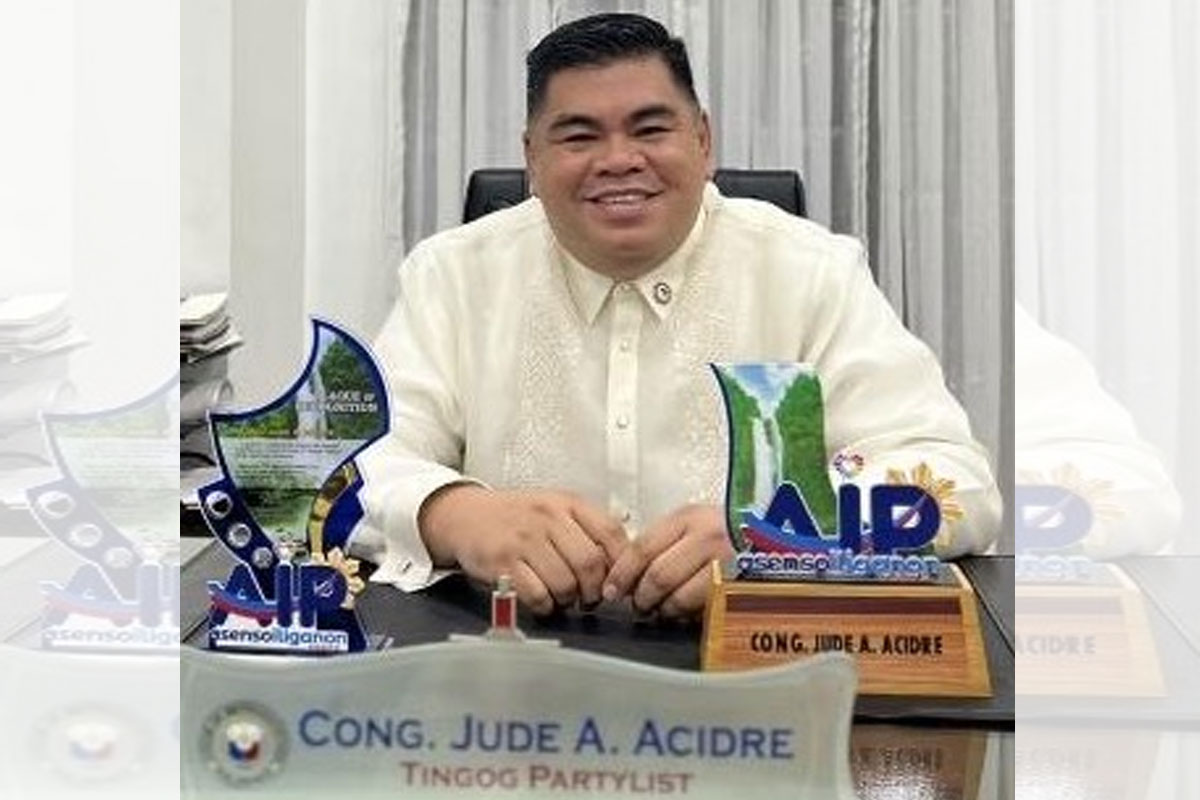
Tingog Party-List solon says House OK of bill to address urban housing woes, safeguard urban poor’s rights
TINGOG Party-list Rep. Yedda Marie K. Romualdez on Tuesday said the passage of House Bill (HB) 5, which mandates onsite, in-city, near-city, or off-city relocation of informal settler families (ISFs) would address urban housing problem and crucial in safeguarding the urban poor’s rights.
Romualdez, chairperson of the House committee on accounts, stressed this after the House of Representatives with an overwhelming 254 votes approved HB No. 5 on third and final reading.
She said the proposed law also considers informal settlers as stakeholders and not just beneficiaries of the government resettlement program.
Romualdez said it is important to empower informal settlers by making them active partners of the government in the planning and management of their own resettlement to ensure that the plans thereon reflect and uphold their shelter needs and aspirations.
According to the 2017 statistics, it showed that 51% of informal settlers in the Philippines are located in danger-prone areas and 39% of the total households were identified as informal settler families in Metro Manila.
Tingog Rep. Jude Acidre reiterated that an in-city or at least near-city resettlement is key in addressing the urban poor woes.
“While residents may have better shelter and security, they nevertheless lose mobility and access to income and livelihood and social services.”
For years, Acidre said socialized housing has been one of the solutions to address the chronic housing problem in the country.
However, Acidre said the housing and resettlement policy is primarily off-site relocation, adding the government builds houses for informal settler families in areas outside Metro Manila or in rural areas, where there is a lack of employment, sustainable livelihood, and social services.
Aside from Romualdez and Acidre, HB No. 5 is authored by Speaker Martin G. Romualdez and seeks to amend Republic Act (RA) No. 7279, or the Urban Development and Housing Act of 1992.
Other authors include House Majority Leader Manuel Jose “Mannix” M. Dalipe, and Reps. Sonny Lagon, Neptali M. Gonzales II, Ralph Recto, Jose Francisco ”Kiko” Benitez, Ron Salo, Ivan Howard A. Guintu, Joseph Stephen “Caraps” S. Paduano, Mikee Romero, France Castro, Raoul Daniel A. Manuel, Harris Christopher M. Ongchuan, Florida “Rida” P. Robes, Marivic Co-Pilar, Ambrosio C. Cruz Jr., Ralph Wendell Tulfo, Erwin Tieng, Francisco Paolo P. Ortega, Samuel Verzosa, Joey Sarte Salceda, James “Jojo” A. Ang Jr., Manuel L. Fortes Jr., Joselito “Joel” S. Sacdalan, Tirso Edwin L. Gardiola, Antonio A. Ferrer, Adrian Jay. C. Advincula, Ma. Rene Ann Lourdes G. Matibag, Mark Go, Alfonso V. Umali, Khymer Adan T. Olaso, Jose Gay G. Padiernos, Antonio B. Legarda, Juan Carlos “Arjo” C. Atayde, Jocelyn Sy Limkaichong, Raul Angelo “Jil” D. Bongalon, Jonathan Clement M. Abalos II, Rodolfo “Ompong” M. Ordanes, Gerville R. Luistro, Jose Ma. R. Zubiri, Joseph Gilbert Violago, Felimon M. Espares, Faustino Michael Carlos T. Dy II, Angelo Marcos Barba, Wilter Y. Palma, Christopherson Yap, Keith Micah “Atty. Mike” Tan, Maria Carmen Zamora, Noel “Bong” N. Rivera, Ziaur-Rahman “Zia” Alonto Adiong, Princess Rihan M. Sakaluran, Shernee A. Tan-Tambut, Carl Nicolas C. Cari, Jonathan Keith T. Flores, Alfred C. Delos Santos, Emigdio P. Tanjuatco III, Ramon Jolo B. Revilla, Carmelo “Jon” B. Lazatin II, Gabriel H. Bordado Jr., Paul Ruiz Daza, Ruth Mariano-Hernandez, and Kristine Singson-Meehan.
In their explanatory note, the authors said the bill would carry out a provision of the Constitution mandating the state to “undertake, in cooperation with the public sector, a continuing program of urban land reform and housing which will make available at affordable cost decent housing and basic services to underprivileged and homeless citizens in urban centers and resettlement areas.”
“While the government has been providing resettlement sites to informal settler families, these sites have been mostly off-city.
These do not provide employment opportunities and livelihood, as well as social services,” they said.
“As a result, many families are drawn back to the cities to find employment that would provide for their needs, ending up living again in informal settlements that are the embodiment of abject poverty, social exclusion, and unsafe housing,” they pointed out.
They added that HB No. 5 seeks to address such issue, by providing for local government-led onsite housing for ISFs and mandating that off-city relocation may be resorted to only when in-city or near-city resettlement is not feasible.
The bill calls for adequate consultation with the affected families.
“The bill also provides for social preparation activities for beneficiaries and the institutionalization of a people’s plan developed by beneficiary families in coordination with the implementing local government unit,” the authors said.
The measure defines in-city or onsite resettlement as a “relocation site within the jurisdiction of a local government unit where the affected informal settler families are living.”
“Near-city resettlement” refers to a site close to the original area where the affected ISFs live but within the jurisdiction of another LGU that is adjacent to the implementing LGU.
“Off-city” relocation, on the other hand, is a site developed outside and not adjacent to the implementing LGU.
Implementing LGUs may purchase land outside their jurisdiction for near-city or off-city housing.
LGUs are to implement the onsite, near-city, or off-city housing program for ISFs in partnership with the Department of Human Settlements and Urban Development, National Housing Authority, National Home Mortgage Finance Corp., Home Development Mutual Fund, and Social Housing Finance Corp.
Other agencies, including the Department of Labor and Employment, Technical Education and Skills Development Authority, Department of Social Welfare and Development, Department of Science and Technology, and Philippine Trade and Training Center, are mandated to provide skills and livelihood training.
The Department of Human Settlements and Urban Development, Department of Interior and Local Government, in consultation with appropriate agencies, civil society groups, the private sector, and representatives of ISFs, shall issue implementing rules and regulations.
The bill was endorsed by the committee on housing and urban development chaired by Benitez.





